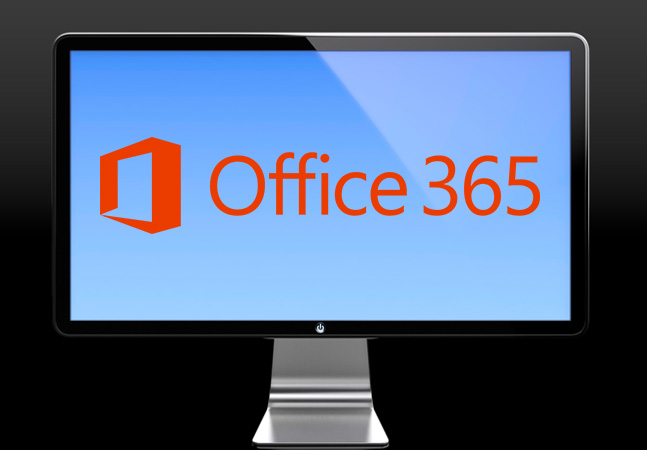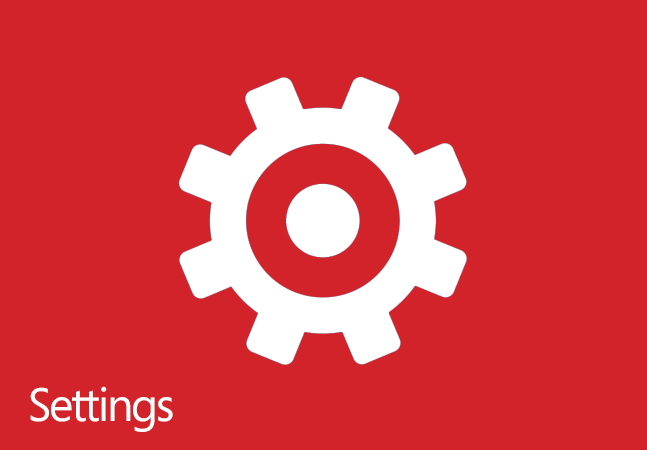
Microsoft described some newly released Office 365 perks in recent days.

Microsoft has released its "first preview" of PowerShell 7, its latest scripting solution for IT pros and developers, according to a Thursday announcement.

Windows 10 and Windows Server versions 1903 were released this week, but Microsoft also issued some notes for IT pros to consider.

Microsoft announced a couple of Azure Active Directory enhancements this week regarding password lengths and new conditional access controls for IT pros.

Microsoft released its May security updates on "update Tuesday," but a patching vortex also opened up as Intel disclosed new processor vulnerabilities.

Microsoft on Wednesday announced added options for IT pros managing BitLocker-encrypted drives on devices.

Microsoft this week announced the new Microsoft Identity Platform as its latest means for adding identity support to applications.

Amid the Build news this week, some quiet open source tools bombshells were dropped by Microsoft.

Microsoft this week announced a couple of previews for IT pros using the Azure Active Directory identity and access management service.

Microsoft wants to drop recommending policies that enforce periodic password expirations on users of Windows systems.

Organizations using Office 365 ProPlus productivity suite applications are getting an alternative to Group Policy for managing user-based policies.

Now that you've created a deployment share, it's time to add your Windows installation files. Brien shows you how.

Microsoft announced on Wednesday that the Microsoft Teams PowerShell Module reached the "general availability" release stage.

The Activity Logs feature of Azure Active Directory is now integrated with Azure Monitor, according to a Microsoft announcement on Tuesday.

While there are various methods for creating custom Windows deployment images, the process has a reputation for being tedious and convoluted.